Search
Remove Ads
Advertisement
Summary 
Loading AI-generated summary based on World History Encyclopedia articles ...
Search Results
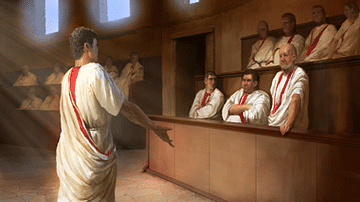
Definition
Twelve Tables
The Twelve Tables (aka Law of the Twelve Tables) was a set of laws inscribed on 12 bronze tablets created in ancient Rome in 451 and 450 BCE. They were the beginning of a new approach to laws which were now passed by government and written...
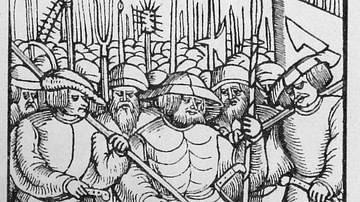
Definition
Twelve Articles
The Twelve Articles (1525) is a document written between 27 February and 1 March 1525 addressing grievances of the peasants of the Germanic regions of the Holy Roman Empire against the policies of their lords. The work was written to explain...
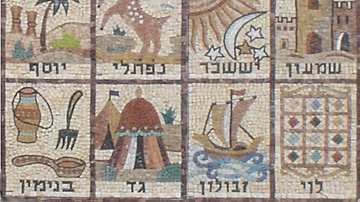
Article
The Twelve Tribes of Israel
The Twelve Tribes of Israel refer to the sons of the Jewish Patriarch Jacob and are important for the tribal lineages of those who constituted the nation of Israel. In the ancient world, all ethnic groups developed stories of their ancestors...

Video
The 12 Olympians: The Gods and Goddesses of Ancient Greek Mythology
The 12 Olympians were the 12 most important gods and goddesses of Ancient Greek Mythology, and were so-called because it was believed they dwelt on Mount Olympus. Our Olympians Gods and Goddesses are Zeus, Hera, Poseidon, Demeter, Ares, Athena...
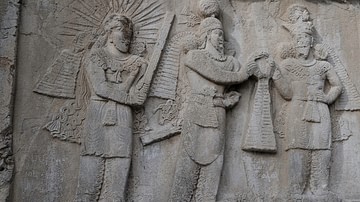
Article
Twelve Gods of Persian Mythology
Ancient Persian Mythology is the term now referencing ancient Iranian religion prior to the rise of Zoroastrianism between c. 1500-1000 BCE. This was a polytheistic faith with a pantheon led by the supreme god Ahura Mazda (“Lord of Wisdom”...
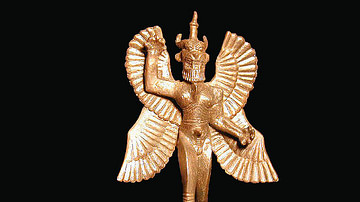
Article
Twelve Menacing & Protective Mythological Figures
The term mythology comes from the Greek words mythos (“story of the people”) and logos (“word”) and so is defined as the spoken (later written) story of a culture. Modern scholars have divided myths into different types which serve many different...
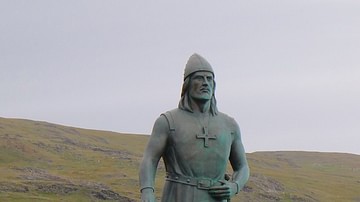
Article
Twelve Great Viking Leaders
The Viking Age (c. 790-1100 CE) transformed every aspect of the cultures the Norse came in contact with. The Vikings usually struck without warning and, in the early years, left with their plunder and slaves to be sold as quickly as they...

Article
Twelve Famous Women of the Middle Ages
Women in the Middle Ages were frequently characterized as second-class citizens by the Church and the patriarchal aristocracy. Women's status was somewhat elevated in the High and Late Middle Ages by the cult of the Virgin Mary and courtly...
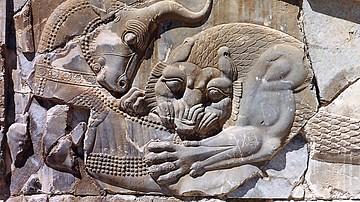
Article
Twelve Ancient Persian Mythological Creatures
The mythology of any civilization reflects its core values, greatest fears, and highest hopes and so it is with the mythology of ancient Persia. The great heroes like Karsasp, Thraetaona, and Rustum express particularly Persian values but...
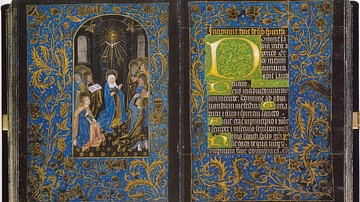
Article
Twelve Greatest Illuminated Manuscripts
Illuminated manuscripts are, as their name suggests, hand-made books illumined by gold and silver ink. They were produced in Western Europe between c. 500 and c. 1600 CE and their subject matter is usually Christian scripture, practice, and...